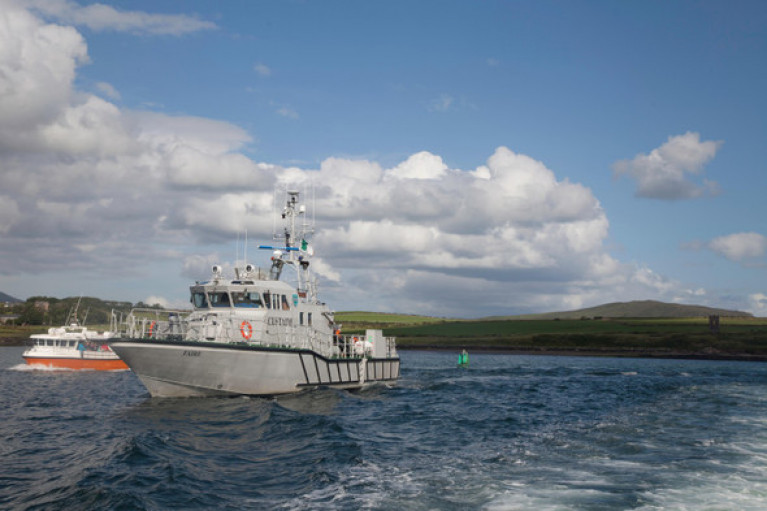Two new patrol boats are set to be purchased by the Revenue Commissioners. The new vessels will be used, in part, to expand the service’s ability to tackle drug smuggling and other seaborne criminal activities.
The patrol vessels, which sources believe will cost €20m to purchase, will require a tender notice to be issued later this year.
Revenue already has two patrol boats in their Maritime Unit, the Revenue Commissioner Cutter (RCC) Faire and the RCC Suirbheir.
It is understood the RCC Faire is generally based in Dun Laoghaire Harbour in Dublin and the RCC Suirbheir is normally seen operating near Kinsale, Co Cork.
It is believed the arrival of two new vessels, which it’s understood will each have a crew of six personnel, will see the new boats positioned in various ports around the country.
A Revenue spokesperson said the vessels will replace the current boats without any overlap of service.
In response to a query from The Journal (more on the story) a Revenue spokesperson said that a Prior Information Notice (PIN) had been published in the Official Journal of the EU in November, 2021.































































